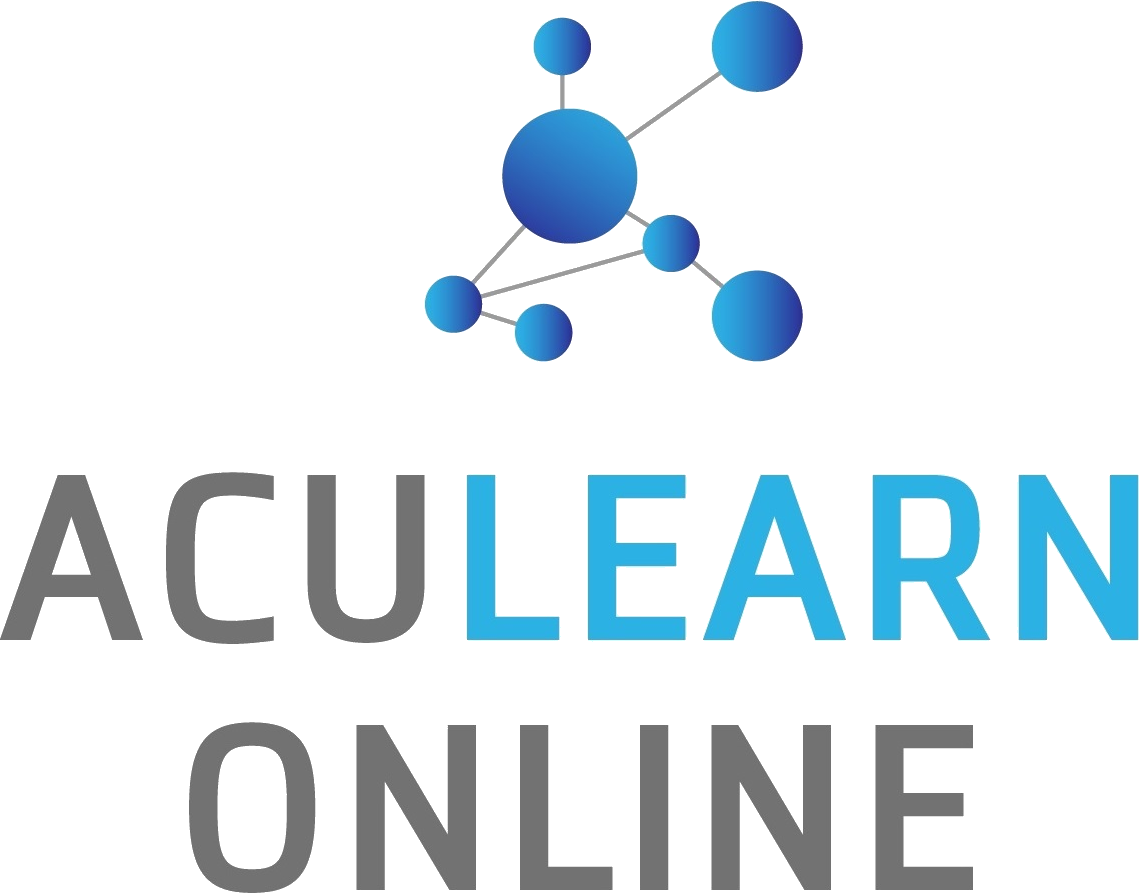With English as the preferred language of communication both in Singapore and overseas, mastering the language is an important consideration for a student to do well in the O-level or IP English exams. In fact, a C6, or even higher depending on the course, is the minimum grade required in Secondary English for most students to advance to higher education. Clinching that A1 in English helps to open many doors for your child’s further education, including admission to polytechnic, JC and university.
As important as a strong foundation in secondary English is, it is still a weak point for many students in school. How do you know which prepositions to use, or the correct spelling of a less-common word? When should you hyphenate or join words together? If your child is experiencing difficulties mastering English, rest assured that they are not alone. English is often said to be one of the most difficult languages to learn, due to its many nuances and contexts. Some parts of English have no textbook rules – they are only internalised through frequent usage and may not make any sense to language learners. Fortunately, we encounter English daily in Singapore, making it easy to help your child gain sufficient exposure to the language. Take a look at several ways in which you can assist your child to excel in secondary or IP English!
Speak Good English Regularly at Home
Did you know there are some common words that almost every Singaporean pronounces wrongly? We often use words such as “calendar”, “colleague”, “flour”, “opportunity” and “Wednesday”, but are we saying them correctly?
In our everyday colloquial speech, it is often easy to lapse into Singlish or what people affectionately dub as “Engrish”. While it may be unnecessary to practice the Queen’s English all the time when speaking, it does help to speak a little more proper English to aid your child in sharpening their language skills and boost their confidence in the oral examination.
Frequent exposure is a must to become fluent in English. As such, the more you encourage proper English at home, the more your child can get used to pronunciation for the oral component, and it also improves their listening skills! Even beyond school, your child will definitely put these speaking skills to good use when going for interviews, meetings and presentations in the working world.
Encourage Avid Reading, Writing and Listening
A considerable portion of the English assessment hinges on reading comprehension and essay writing. The listening comprehension is also a must-score component of the subject, which could improve your child’s final grade by as much as 2 points. To secure that top grade in English, students must be able to score in reading, writing and listening. This is one of those aspects where simply doing past-year papers will not be sufficient to propel your child forward in their grasp of the language.
The best way to practice reading is to read widely from all sorts of media, be it books, magazines, newspapers, or online articles. For listening comprehension, it is a good idea to listen to radio broadcasts, podcasts, television programmes, and documentaries. If possible, try to get your child to watch English media without any subtitles to really enhance their listening skills. Additionally, students may tend to shy away from writing long essays, but writing more in general is a must to have an easier time with the essays. Fortunately, writing practice does not have to be limited to essays – keeping a daily journal can be a great way to start! You could even encourage your child to write their own stories or blog posts. This helps your child to improve their spelling, build a rich vocabulary and practice forming their own sentences, which will make exam essays go that much smoother. Eventually, students will be able to find their own writing style and leverage on it to craft compelling points in their writing – a sure win for any essay question.
Keep a Notebook Handy
English is full of homophones, which are words that sound similar but are spelled differently and often have different meanings. There are also numerous metaphors used in our daily lives which may sound confusing if interpreted literally. Since so much of English learning relies on exposure rather than textbook studying, your child may encounter unfamiliar words or use cases in their daily life. To make the most of every opportunity to improve their English, it can be helpful to jot these instances down for future reference. Did you know that this phrase could be used in such a context? If not, write it down and save it for later! It might come in handy to improve reading comprehension or for your child to expand their repertoire for writing.




